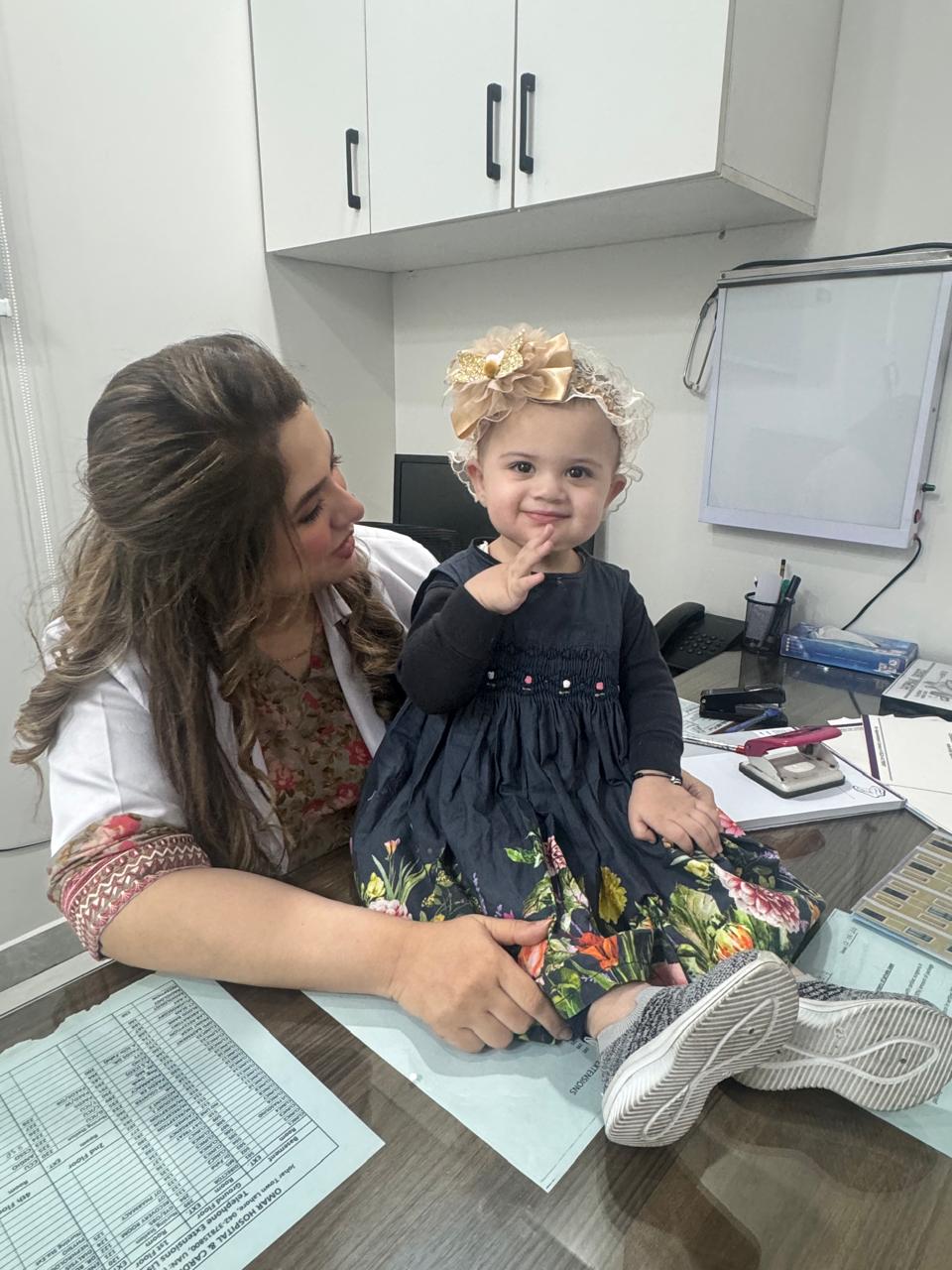🛡️ Domestic & Sexual Violence Counseling: A Lifeline to Healing and Empowerment
Domestic and sexual violence are silent epidemics that affect millions of people worldwide. Whether the abuse is physical, emotional, psychological, or sexual, its impact can be long-lasting and devastating. Fortunately, counseling for domestic and sexual violence survivors plays a crucial role in recovery, healing, and empowerment.
In this article, we’ll explore the importance of counseling, the types of support available, and how survivors can begin their journey toward reclaiming their lives.
What Is Domestic & Sexual Violence?
To begin with, it’s essential to understand what constitutes domestic and sexual violence.
- Domestic violence includes any abusive behavior in a family or intimate relationship, such as physical assault, emotional manipulation, financial control, and intimidation.
- Sexual violence involves any non-consensual sexual act, including rape, sexual assault, harassment, and coercion.
Unfortunately, these forms of violence often overlap, leaving survivors with physical trauma, emotional wounds, and mental health issues.
Why Counseling Is Critical for Survivors
Although friends and family may offer support, professional counseling provides the structured, confidential, and expert guidance that survivors need.
Emotional Healing
First and foremost, counseling helps survivors process their trauma. Survivors often experience shame, guilt, anxiety, and depression. Through therapy, they learn to reframe these emotions and understand that the abuse was not their fault.
Rebuilding Self-Worth
Moreover, abuse can significantly damage a person’s self-esteem. Counseling assists individuals in rebuilding their confidence, making healthy decisions, and setting boundaries.
Reducing Risk of Re-Victimization
In addition, survivors who undergo counseling are less likely to enter into another abusive relationship. Therapists teach warning signs, coping strategies, and assertiveness techniques that empower individuals.
Managing PTSD and Anxiety
It is also important to note that many survivors suffer from post-traumatic stress disorder (PTSD). Counseling offers tools such as CBT (Cognitive Behavioral Therapy) and EMDR (Eye Movement Desensitization and Reprocessing) to manage these symptoms effectively.
Types of Counseling Services Available
Depending on the survivor’s needs, various forms of counseling are available. Let’s look at some of the most effective options:
1. Individual Counseling
This one-on-one approach allows for a safe and private environment. The therapist customizes sessions to address trauma, anxiety, fear, and personal goals.
2. Group Therapy
For some, hearing others’ stories fosters a sense of community and reduces feelings of isolation. Group therapy provides mutual support, validation, and healing through shared experiences.
3. Family Counseling
Abuse often affects the entire family. Therefore, family therapy can help rebuild trust, improve communication, and support the survivor’s journey.
4. Crisis Intervention Counseling
Immediately after an incident, survivors may require urgent psychological care. Crisis counseling offers short-term support and stabilization.
5. Online & Teletherapy Services
Given modern-day accessibility, many counseling services are now available online. These can be more flexible, private, and convenient for those who cannot attend in-person sessions.
How to Choose the Right Counselor
Choosing a counselor can feel overwhelming. However, considering the following factors can make the process smoother:
- Qualifications and Licensing: Always ensure the counselor is certified in trauma or abuse counseling.
- Specialization: Look for professionals who specialize in domestic or sexual violence.
- Comfort and Trust: A strong therapeutic relationship is key to healing.
- Location and Accessibility: Whether online or in-person, access should not be a barrier.
- Cultural Sensitivity: The counselor should respect and understand the survivor’s background and identity.
Additional Support Resources
While counseling is vital, survivors often benefit from holistic support, including:
- Shelters and Safe Houses
- Legal Aid Services
- Hotlines and Emergency Helplines
- Support Groups
- Medical Assistance
These services work in tandem with counseling to ensure safety, justice, and comprehensive recovery.
Transitioning From Surviving to Thriving
It’s important to remember that recovery is a journey—not a destination. With consistent support, survivors can and do rebuild their lives. Counseling equips them not only to survive but also to thrive with resilience, confidence, and self-love.
Even though the scars may never fully fade, they become part of a powerful story of strength and survival.
Conclusion
In summary, domestic and sexual violence counseling is a beacon of hope for those navigating the aftermath of abuse. It helps survivors heal emotionally, regain control, and prevent future harm. With the right support system in place, recovery is not only possible but deeply transformative.
